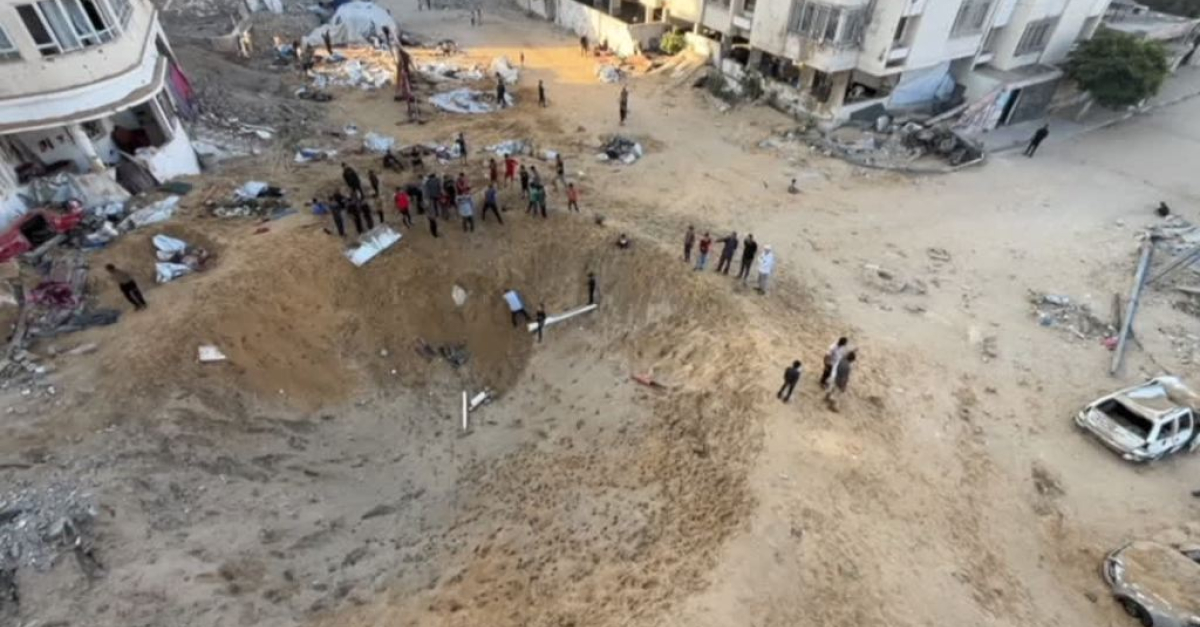Reports have emerged alleging that the Israel Defense Forces (IDF) issued orders leading to the deliberate shooting of unarmed Gazans seeking aid. These reports have sparked international condemnation and raised serious questions about adherence to international humanitarian law and rules of engagement.
Allegations of Deliberate Targeting
The core of the controversy revolves around claims that IDF soldiers intentionally fired upon civilians gathered to receive humanitarian assistance. Eyewitness accounts and preliminary investigations suggest a potential violation of the principles of distinction and proportionality, fundamental tenets of international armed conflict law. According to a statement released by Amnesty International, “Evidence suggests a disturbing pattern of disregard for civilian lives.”
Differing Accounts and Ongoing Investigations
While numerous reports detail the alleged deliberate shooting of unarmed Gazans, the IDF has offered a different narrative, stating that forces responded to what they perceived as a chaotic and dangerous situation. An IDF spokesperson, Lieutenant Colonel Avital Leibovich, stated, “Our forces acted according to standard operating procedures in a complex environment where there was a risk of being overrun.” However, this explanation has been met with skepticism from human rights organizations and international observers who are calling for a transparent and impartial investigation.
International Humanitarian Law and Rules of Engagement
International Humanitarian Law (IHL), also known as the law of armed conflict, governs the conduct of parties engaged in armed conflict. Key principles include:
- Distinction: Parties must distinguish between combatants and civilians, and attacks may only be directed at military objectives.
- Proportionality: Attacks must not cause civilian harm that is excessive in relation to the concrete and direct military advantage anticipated.
- Precaution: Parties must take all feasible precautions to avoid or minimize civilian casualties.
The allegations against the IDF raise concerns about potential breaches of these principles. Professor Janina Dill, a specialist in the ethics of war at Oxford University, notes, “The intentional targeting of civilians, even in chaotic situations, constitutes a grave violation of IHL and can amount to a war crime.”
Impact on Humanitarian Aid Delivery
The reported incidents have significantly hampered the delivery of crucial humanitarian aid to the Gaza Strip. Aid organizations are facing increased security risks and logistical challenges, further exacerbating the already dire humanitarian situation. According to a 2024 report by the World Food Programme, food insecurity in Gaza has reached critical levels, with a large percentage of the population facing acute hunger. The United Nations Relief and Works Agency for Palestine Refugees in the Near East (UNRWA) has temporarily suspended some aid operations, citing safety concerns for its personnel.
Calls for Accountability and Justice
The international community has strongly condemned the alleged actions and is demanding accountability. Numerous countries and international organizations are calling for independent investigations to determine the facts and hold those responsible to account. The International Criminal Court (ICC) has opened an investigation into alleged war crimes committed in the Palestinian territories, which could potentially encompass these incidents. The pursuit of justice and accountability is seen as essential to prevent future violations and uphold the principles of international law.
The situation remains highly volatile, and the need for impartial investigations, adherence to international law, and the protection of civilian lives is paramount. The allegations surrounding the deliberate shooting of unarmed Gazans seeking aid underscore the complexities and challenges of armed conflict and the urgent need for accountability to prevent future tragedies.
